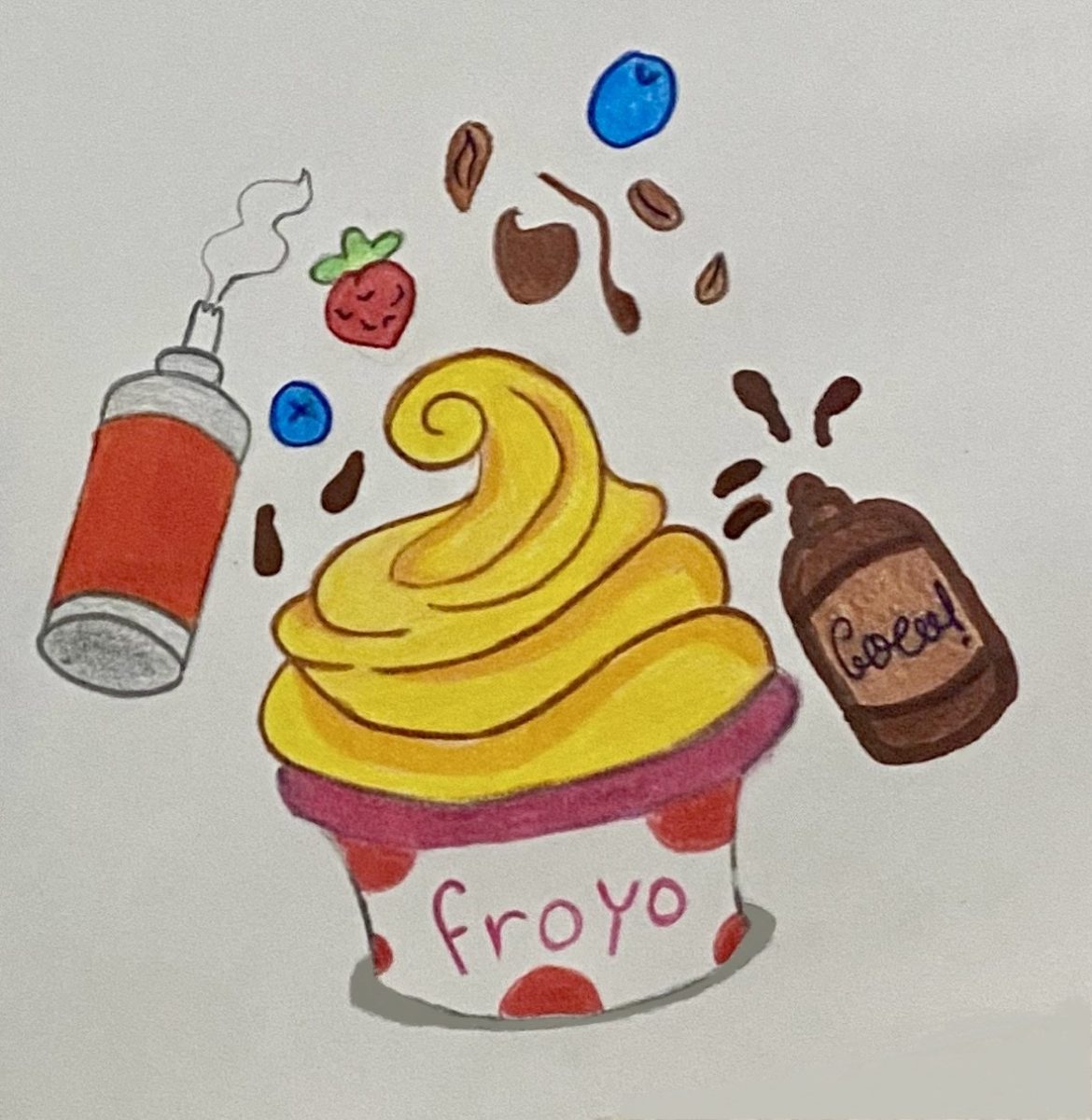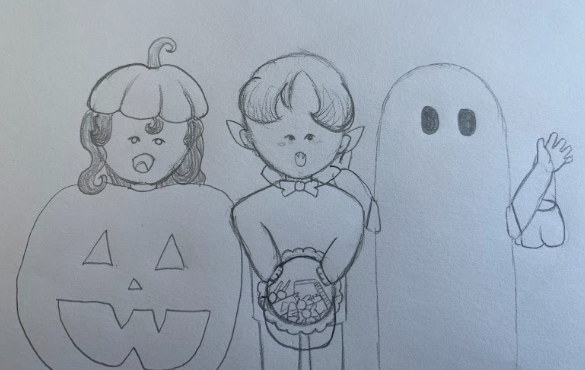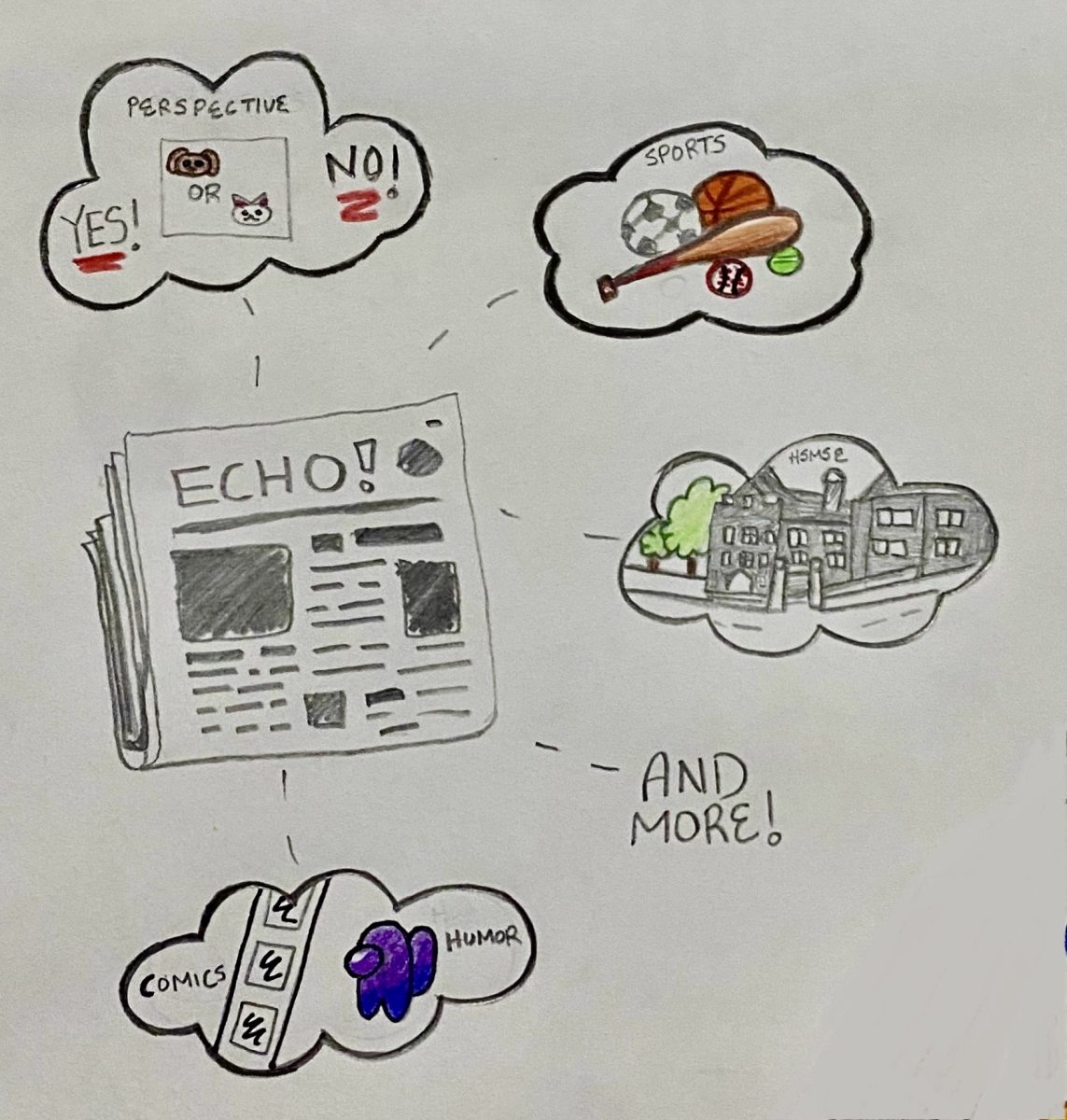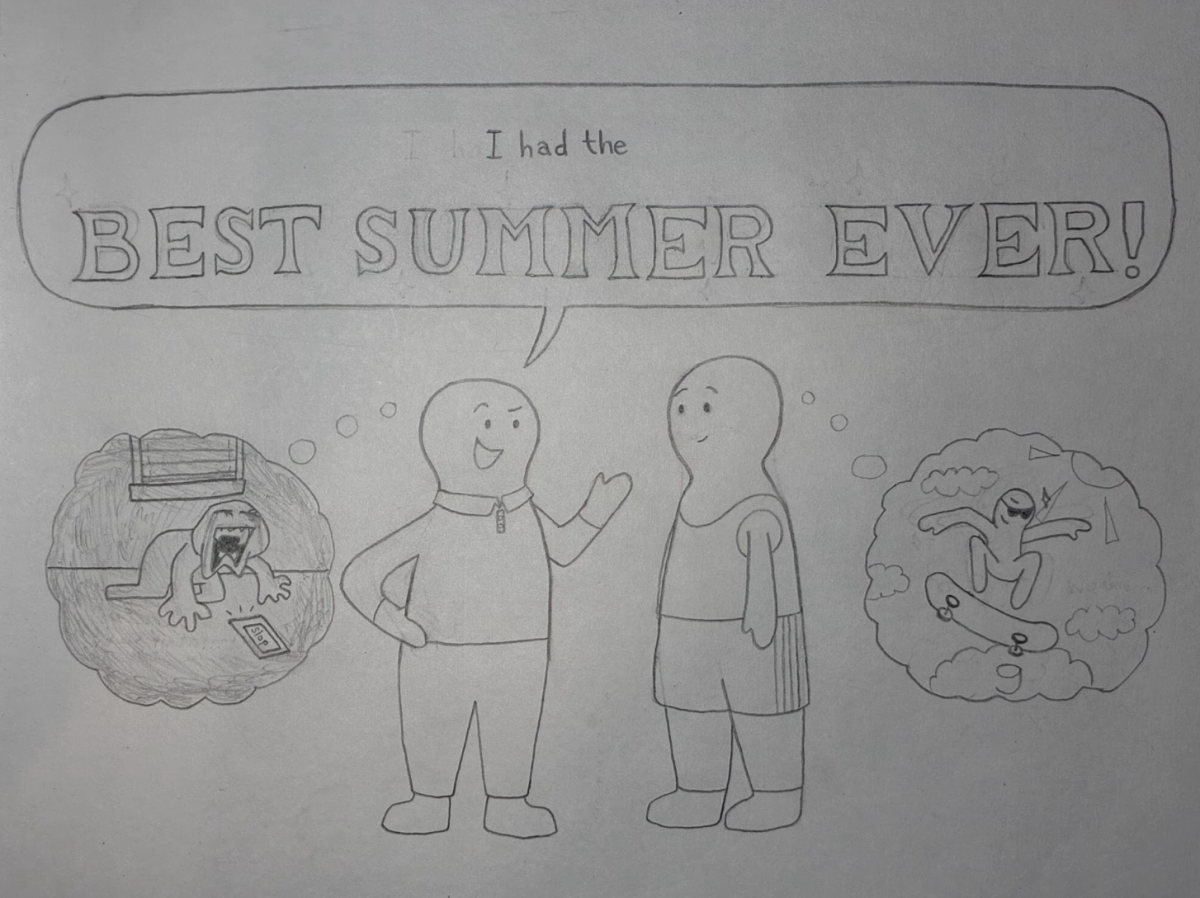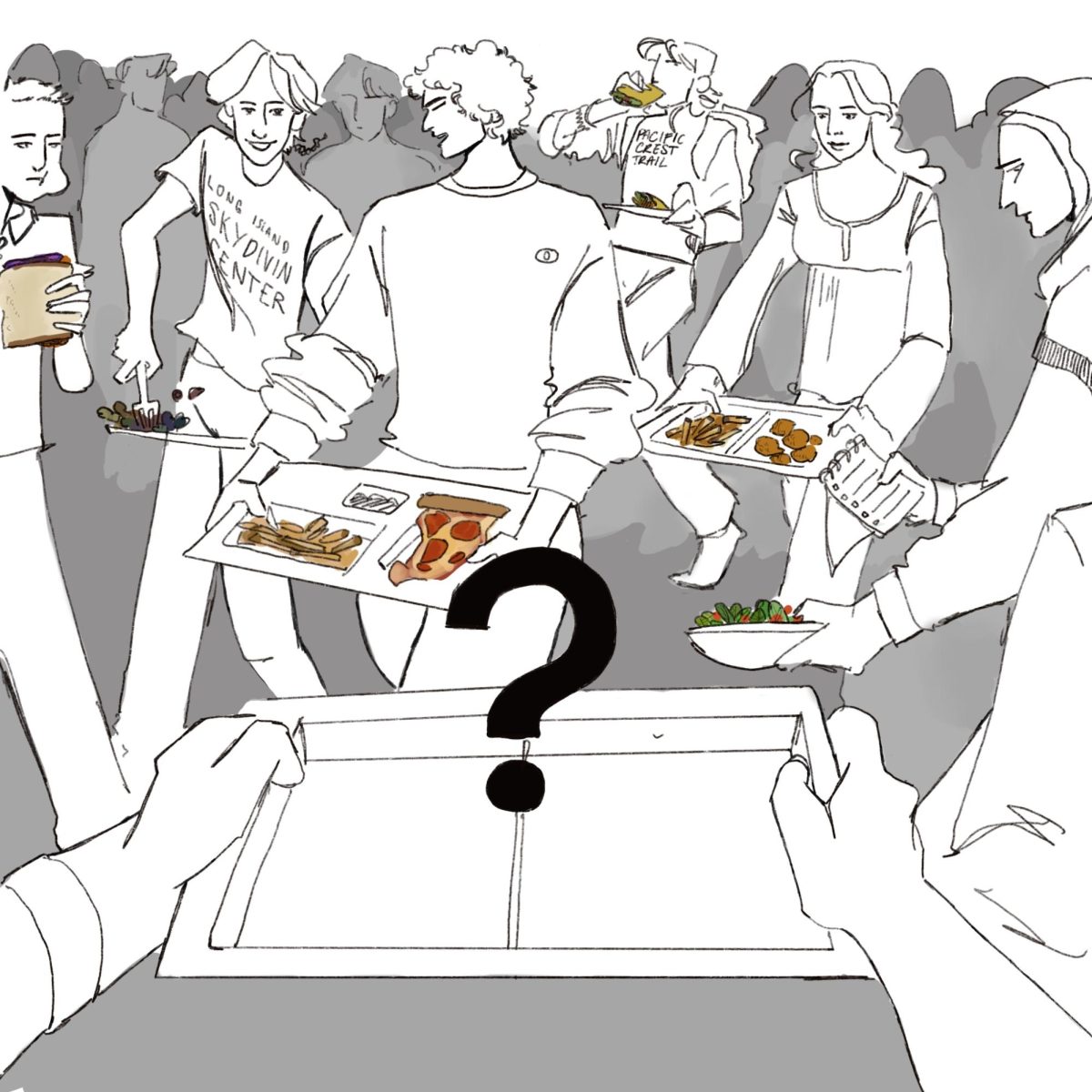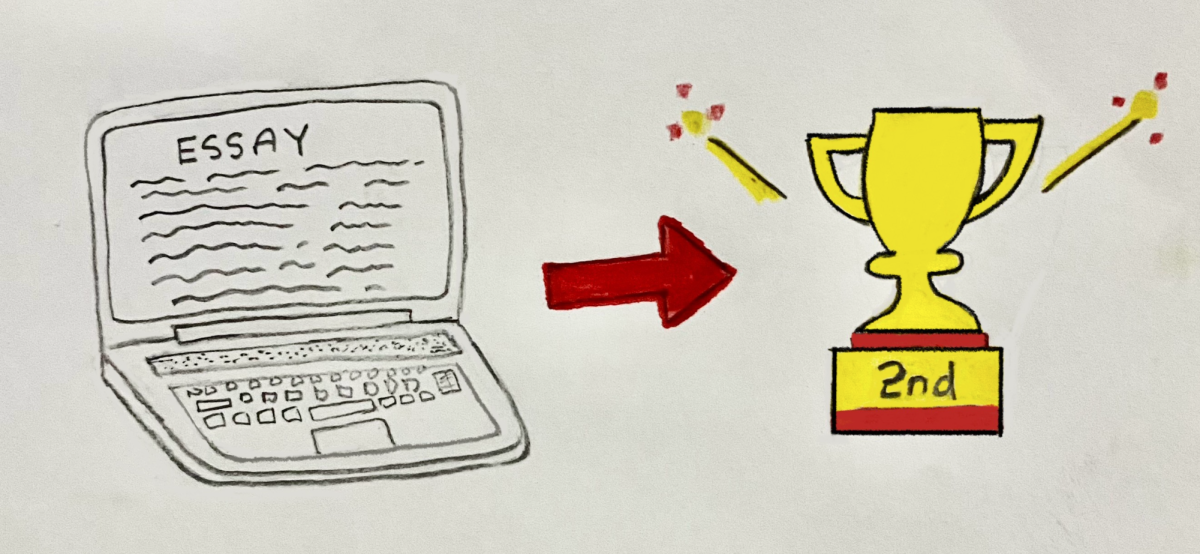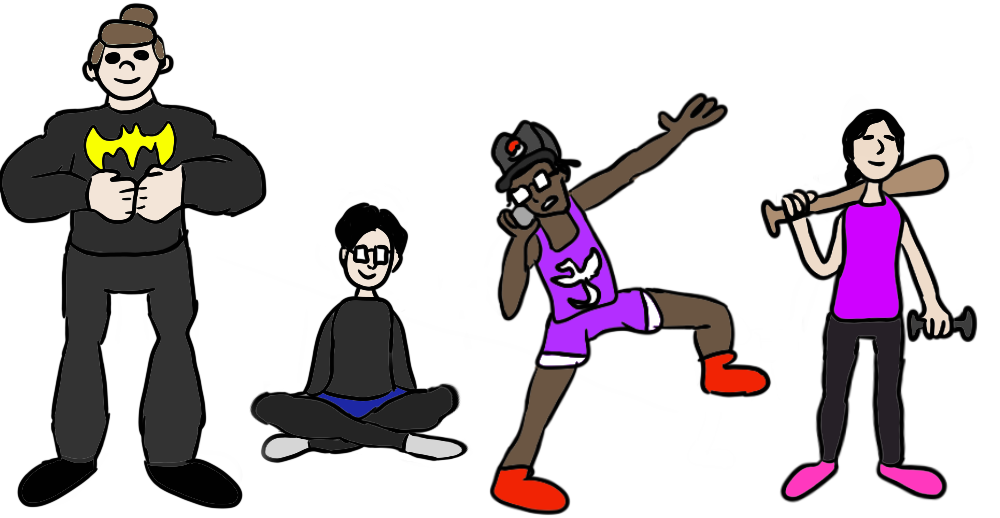I wrote in my personal statement that jiu-jitsu is the love of my life, and my friends would probably say that it’s fairly close to the truth. While I enjoy the social environment of my dojo and physical benefits of movement, I mostly keep going because martial arts make me feel really good. Training regulates my mood, and I find that I’m way more relaxed and understanding towards others after a few hours of working out.
Exercise is deeply tied to the way I deal with life and approach the world. While my experience is only anecdotal evidence of the benefits of working out, the idea that exercise produces positive mental effects is well documented. Physical activity is as effective as antidepressants for treating Major Depressive Disorder, and can also reduce your likelihood of developing depression. Long-term exercise is associated with improved self-esteem, sleep quality, and general quality of life, as well as more general satisfaction with life and optimism for the future. Ms. Downey, one of our very own gym teachers, told me that “when I am constantly exercising, everything in my life just feels better; I sleep better, I am happier [and] more patient [with improved self-esteem and less stress]. Some of my closest friends and people I turn to on my darkest days are friends I have met through sports. Some of my greatest accomplishments and proudest moments have been through sports or coaching them.”
Working out feels great when you stick with it for a long period of time, but only if you’re exercising for yourself and doing something that you personally enjoy. Ms. Downey encouraged students to see exercise as more than a chore that you get through to improve your physical health: “Nothing worth having comes easy… I suggest you keep putting yourself out there and trying new things and practicing the ones you may not be great at. Once we feel confident in something, we find more joy.” There’s no one right way to exercise: Cardio, resistance training, and yoga all have benefits, so it’s best to work out in the way that is most enjoyable and realistic for you. Javin Dupree (‘25), a shot putter for the HSMSE Flying Dragons, noted that the connection between exercise and mental health benefits is more complicated when it comes to team sports because “There’s a [major] time commitment. Also, what you’re doing in the sport itself might make it more or less stressful. For me, [doing shot put is] so stressful right now compared to earlier, because I’m practicing a new form, and that form is just hard to learn.” It can be demoralizing to pour hours and hours into improving without seeing obvious results, but Javin told me that the best solution is to continue training consistently: “If you feel like you aren’t seeing any gains, then do more and commit yourself to a more rigorous schedule.”
Exercise is a habit, and like any habit, the hardest part is getting started. Tolan Hüseyin Halleck, a former professional soccer player who has been doing jiu-jitsu for over a decade, stressed that consistency is more important than being able to complete a full workout, especially when you’re still on the fence about doing it: “Make it as easy as possible for yourself to keep going. If you know that going to the gym is much more fun with your friend, then do that! Anything to keep you going. Just don’t be too hard on yourself, and realize that anything you do is better than nothing… It’s all about seeing the small improvements, and then after a long time those small improvements will culminate in you doing really well or feeling really strong.” If you miss a day or a week of exercise, it’s not the end of the world: “Just get right back on it if you miss a day, or you’re not feeling it one day… going back and getting on with it is very important.”
Exercising may not feel great while you’re doing it, but the feeling afterwards can be amazing. Tolan told me that exercising as a teenager helped him learn how to persevere, and that it’s become an almost meditative experience for him: “You go into a flow state, and you become more in tune with your body. It is difficult in the moment, but the satisfaction you feel afterwards is way better than sitting at home and not exercising. When you’ve built up over a few months or a year, that feeling that you get looking back on all these times that you exercised… it’s not satisfaction, it’s fulfillment—you feel like you’ve achieved something.” Tolan started working out when he was 12 or 13, just like I did, and he said that it helped him get through the uncomfortable years of being a teenager: “When you can see the progress in your body and your health, it’s a never-ending cycle of you feeling better about yourself.”
Mental health and self-esteem are very complex, and exercise is hardly an instant fix—especially if you feel self-conscious, are pressured by someone else to reach a certain goal, or have a hard time finding time and energy to work out. But once you have a consistent routine, whether it’s weightlifting in the gym or taking a daily walk, the benefits are noticeable: Exercise of any intensity level can disrupt negative thoughts, help you live in the moment, and give you a low-pressure goal to reach. Ms. Downey wants all her students to “find something that they feel good at and want to do more of. It can be a sport, some good stretches [or] yoga, an awesome abdominal routine, running, you name it… something that keeps them moving and makes them stronger.” She asks students to invest in themselves and in their future selves with exercise: “Buy a bike, a gym membership, a new pair of sneakers, sign up for the race… make an investment in your health that motivates you.” If you’re willing to spend a little time helping both your brain and your body, I highly recommend giving exercise a shot—not because I said so, but because of how good it feels to finally find a workout that clicks.
